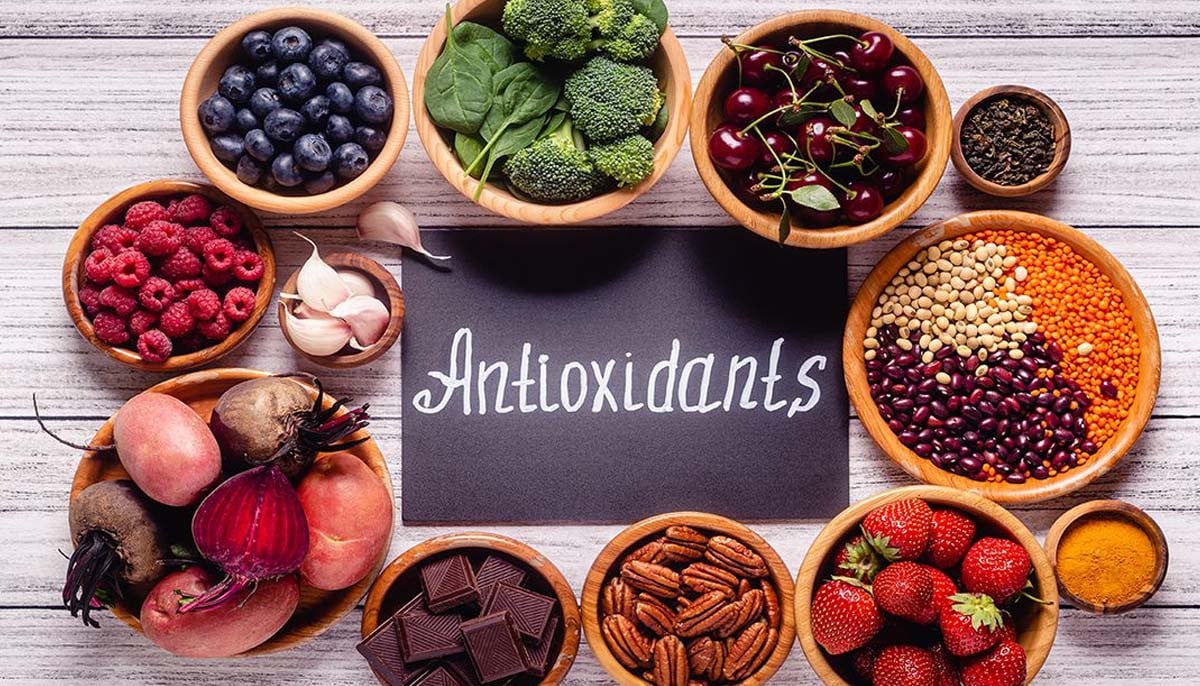Molecule clue to memory decline: study
Paris: A molecule that accumulates in the blood with age may be linked to cognitive decline, said scientists Monday who mooted hopes of a memory-restoring treatment.
The protein, dubbed B2M, is found in higher concentrations in the blood and cerebral spinal fluid of ageing humans, they said.
And in mice, inhibiting B2M improved learning and memory in lab experiments.
"We are very excited
By AFP
July 06, 2015
Paris: A molecule that accumulates in the blood with age may be linked to cognitive decline, said scientists Monday who mooted hopes of a memory-restoring treatment.
The protein, dubbed B2M, is found in higher concentrations in the blood and cerebral spinal fluid of ageing humans, they said.
And in mice, inhibiting B2M improved learning and memory in lab experiments.
"We are very excited about the findings because it indicates that there are two ways to potentially reverse age-related cognitive impairments," study co-author Saul Villeda of the University of California San Francisco told AFP.
"One is to introduce pro-youthful blood factors and the other is to therapeutically target pro-ageing factors" like B2M, he said by email.
Villeda had participated in another study, published last year, which found that injections of juvenile mouse blood boosted learning and memory in older rodents.
Scientists measure the animals´ ability to remember cues indicating the position of hidden platforms in water, similar to having to recall physical landmarks to remember where you left your car in a parking lot -- a function that declines with age.
Old mice who received young blood in the first study could find the hidden platforms easier -- though it was not clear why or how.
Ageing is associated with a progressive decline in cognitive function, and slower regeneration of message-relaying neurons in the brain.
"Ageing remains the most dominant risk factor for dementia-related neurodegenerative diseases, such as Alzheimer´s disease," wrote the authors of the new research published in the journal Nature Medicine.
"As such, it is imperative to gain mechanistic insight into what drives ageing... in the brain in order to counteract vulnerability to cognitive dysfunction."
From the latest work, it appears that B2M, a protein involved in immunity, may help explain the young blood effect on memory.
B2M injections impaired the learning ability, memory, and neuron growth of lab mice, the team wrote. But the effect was "reversible" by stopping the injections.
In another experiment, the scientists eliminated B2M genetically in mice, and "observed that the old mice lacking B2M did not develop memory loss," said Villeda.
This all implied the molecule "could be targeted to potentially restore cognitive ability in the elderly," he added.
The next step would be to develop a molecule that can either block the protein, or help remove it from old human blood.
B2M has previously also been found in elevated levels in the cerebral spinal fluid of dementia patients. (AFP)
The protein, dubbed B2M, is found in higher concentrations in the blood and cerebral spinal fluid of ageing humans, they said.
And in mice, inhibiting B2M improved learning and memory in lab experiments.
"We are very excited about the findings because it indicates that there are two ways to potentially reverse age-related cognitive impairments," study co-author Saul Villeda of the University of California San Francisco told AFP.
"One is to introduce pro-youthful blood factors and the other is to therapeutically target pro-ageing factors" like B2M, he said by email.
Villeda had participated in another study, published last year, which found that injections of juvenile mouse blood boosted learning and memory in older rodents.
Scientists measure the animals´ ability to remember cues indicating the position of hidden platforms in water, similar to having to recall physical landmarks to remember where you left your car in a parking lot -- a function that declines with age.
Old mice who received young blood in the first study could find the hidden platforms easier -- though it was not clear why or how.
Ageing is associated with a progressive decline in cognitive function, and slower regeneration of message-relaying neurons in the brain.
"Ageing remains the most dominant risk factor for dementia-related neurodegenerative diseases, such as Alzheimer´s disease," wrote the authors of the new research published in the journal Nature Medicine.
"As such, it is imperative to gain mechanistic insight into what drives ageing... in the brain in order to counteract vulnerability to cognitive dysfunction."
From the latest work, it appears that B2M, a protein involved in immunity, may help explain the young blood effect on memory.
B2M injections impaired the learning ability, memory, and neuron growth of lab mice, the team wrote. But the effect was "reversible" by stopping the injections.
In another experiment, the scientists eliminated B2M genetically in mice, and "observed that the old mice lacking B2M did not develop memory loss," said Villeda.
This all implied the molecule "could be targeted to potentially restore cognitive ability in the elderly," he added.
The next step would be to develop a molecule that can either block the protein, or help remove it from old human blood.
B2M has previously also been found in elevated levels in the cerebral spinal fluid of dementia patients. (AFP)
-
Antioxidants found to be protective agents against cognitive decline
-
Coffee reduces cancer risk, research suggests
-
Keto diet emerges as key to Alzheimer's cure
-
What you need to know about ischemic stroke
-
Shocking reason behind type 2 diabetes revealed by scientists
-
Simple 'finger test' unveils lung cancer diagnosis
-
Groundbreaking treatment for sepsis emerges in new study
-
All you need to know guide to rosacea











